10 Self-Care Tips You Need to Know to Manage Fatty Liver Disease
Overview of Fat Liver Disease
As the name implies, fatty liver disease is brought on by an accumulation of extra fat in the liver. The liver is responsible for eliminating toxins from your body; therefore, when it is overflowed with fat, it cannot perform its essential duty. Non-alcoholic fatty liver disease (NAFLD) and alcoholic fatty liver disease (AFLD) are the two main forms of fatty liver disease. While AFLD is usually the consequence of high alcohol consumption, NAFLD is frequent in those who drink little to no alcohol.
When fatty liver disease is left untreated, it can cause inflammation, scarring, and in extreme situations, cirrhosis or liver failure. However, in the early stages, fatty liver disease is frequently a silent illness with few symptoms. The good news is that liver health can be considerably enhanced by modifying one’s lifestyle and practicing self-care. Let’s explore ten doable self-care strategies that might help control and potentially even reverse fatty liver disease.

First tip: Eat a Well-Balanced Diet
The cornerstone of treating fatty liver disease is a nutritious diet. The secret is to stay away from meals that exacerbate the issue and eat nutrient-rich foods that support liver function.
Foods that Can Help: Choose lean meats, fresh produce, whole grains, and healthy fats (such as those in olive oil, avocados, and nuts). Oats, beans, and leafy greens are examples of foods high in fiber that are also good for you since they aid in the liver’s fat digestion.
Foods to Steer Clear of: Reduce your intake of foods high in saturated fats, such as fried foods, full-fat dairy products, and red meat. Trans fats are especially bad for the liver and are frequently included in processed snacks and baked goods. Steer clear of these to prevent fat accumulation in your liver.

Tip 2: Include Frequent Physical Activity
Exercise helps burn fat in the liver in addition to aiding with weight management. Engaging in physical exercise increases metabolism and aids in the body’s burning of extra fat, particularly liver fat.
How Exercise Helps: Research indicates that even mild exercise helps reduce fat in the liver. Additionally, exercise increases insulin sensitivity, which reduces the risk of hepatic fat buildup.
Suggested Workout: Aim for 150 minutes or more a week of moderate aerobic exercise, such as cycling, swimming, or brisk walking. Weightlifting and other bodyweight exercises are examples of strength training activities that are advantageous because they increase resting metabolic rate and muscular growth.

Tip 3: Keep Your Weight in Check
Losing a little weight can make a big difference if you have fatty liver disease. In terms of liver health, even a small weight decrease of 5–10% of body weight can have a major impact.
The role of weight loss is to improve liver function by reducing the amount of fat stored in the liver. But it’s crucial to lose weight gradually because sudden drops in weight can exacerbate fatty liver disease.
Safe Techniques for Losing Weight: Aim for portion management, maintain a balanced diet, and stay away from crash diets. For the long-term health of the liver, a more sustainable and gradual approach is preferable.
Reduce Your Consumption of Sugar and Processed Foods
Overindulgence in sugar, especially fructose, can cause the liver to become obese. A fatty liver can develop as a result of the hidden sugars and bad fats found in many processed diets.
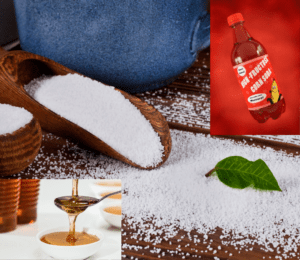
Impact of Sugar: Processed foods and sugar-filled drinks, such as sodas and energy drinks, are some of the main offenders. These foods cause blood sugar levels to rise, which causes the liver to get fatter.
Easy Swaps: Water, herbal teas, or infused water are good alternatives to sugary beverages. Choose whole foods instead of prepackaged snacks. Try dark chocolate or fruit in moderation instead of sweets.
Tip 5: Minimize Your Alcohol Use
Drinking alcohol can seriously damage your liver, particularly if you have NAFLD or AFLD. Drinking too much alcohol causes the liver to become inflamed and scarred, which can hasten the onset of fatty liver disease.

Alcohol and Fatty Liver: Although alcohol use is directly associated with AFLD, NAFLD can also get worse from alcohol use. If you have fatty liver disease, you should either completely abstain from alcohol or drastically cut back on your consumption.
Options: If you enjoy drinking in social situations, consider cutting back on alcohol while still having a good time with non-alcoholic drinks like mocktails, kombucha, or sparkling water.
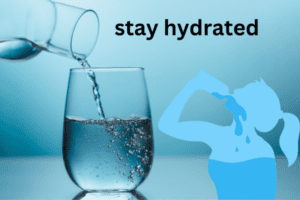
Tip 6: Maintain Hydration
For overall health, including liver function, enough water is essential. Water facilitates the removal of poisons from your liver, improving its performance.
Water is important because it helps avoid overeating because thirst is sometimes confused with hunger. Maintaining hydration enhances metabolism, facilitates better digestion, and helps liver cleansing.
Advice on Maintaining Hydration: Try to consume eight glasses of water or more each day. If you need additional variation, have a water bottle close at hand and consider flavoring your water with slices of lemon, cucumber, or mint.

Advice 7: Get Enough Rest
Numerous health problems, including fatty liver disease, are associated with inadequate sleep. Lack of sleep can cause metabolic dysfunction, which makes it more difficult for the liver to break down fats and cleanse the body.
Sleep and Liver Health: Getting a good night’s sleep is essential for the body’s renewal and restoration. According to studies, people who sleep for fewer than six hours each night are more likely to get liver issues.
Tips for Good Sleep Hygiene: Establish a nightly schedule, minimize screen time before to bed, and ensure that your bedroom is dark and cold. In order to promote general health, aim for 7-9 hours of sleep each night.

Tip 8: Effective Stress Management
Your liver may suffer damage from ongoing stress. Your body releases hormones in response to stress, which may cause inflammation and hepatic fat accumulation.
Stress and the Liver: Insulin resistance is a major contributing factor to non-alcoholic fatty liver disease (NAFLD), and prolonged stress can exacerbate it. Effective stress management can help stop this from occurring.
Techniques for Stress Management: Engage in deep breathing techniques, meditation, or mindfulness. Frequent exercise and time spent in outdoors are other great ways to decompress.
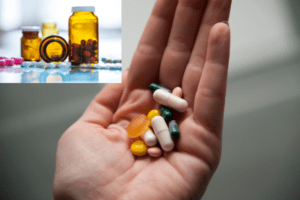
Tip 9: Consume Prescription Drugs and Supplements
If lifestyle modifications are insufficient to manage fatty liver disease, your doctor may recommend medication. Additionally, some substances are proven to promote liver health.
Common Drugs: For NAFLD, doctors may prescribe medications such as insulin-sensitizing agents. Supplements containing vitamin E, which has antioxidant qualities and can shield liver cells, are beneficial for certain persons.
Addenda: There have been studies on the benefits of milk thistle, turmeric, and omega-3 fatty acids as natural supplements for liver health. But before taking any new supplements, make sure to speak with your physician.
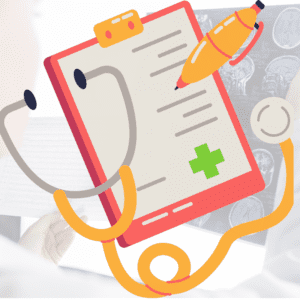
Tip 10: See your doctor on a regular basis
For fatty liver disease to be managed, routine monitoring is crucial. To make sure your disease is getting better, your healthcare practitioner can monitor the health of your liver with blood tests, ultrasounds, or other imaging techniques.
The Importance of Checkups Regular check-ups can aid in identifying issues early on because fatty liver disease frequently does not exhibit symptoms in its early stages.
What to anticipate: In addition to monitoring your liver enzyme levels and looking for inflammation, your doctor may suggest further lifestyle changes based on your recovery.
In summary
Making lasting, long-term lifestyle adjustments is key to managing fatty liver disease and taking care of your liver. Every one of these suggestions, which range from maintaining a regular exercise schedule and eating a balanced diet to handling stress and staying hydrated, can improve the health of your liver. Keep in mind that, with the correct treatment, fatty liver disease is frequently reversible; consistency is essential. Always seek the counsel and direction of your healthcare provider.
FAQs
What foods need to be avoided if I have liver illness that is fatty?
Foods like fried foods, processed snacks, sugary drinks, and red meat that are high in trans fats, saturated fats, and added sugars should be avoided.
Is it possible to reverse fatty liver disease by diet and exercise?
Yes, many people can improve their liver function and reverse fatty liver disease with a proper diet, consistent exercise, and weight loss.
How long does it take for lifestyle modifications to improve fatty liver disease?
It depends on the individual, but improvements can be noticed in as little as a few months. It’s important to follow food, exercise, and other self-care advice consistently.
If I have a slight case of fatty liver, is it still safe for me to drink alcohol?
Alcohol should be avoided since even trace amounts can make fatty liver disease worse.
What are the fatty liver disease’s initial signs and symptoms?
Even though exhaustion, upper abdominal pain, and unexplained weight loss can be warning indications of fatty liver disease, many patients with the condition do not exhibit symptoms in the early stages.
What foods are best for NAFLD?
 https://analytics.google.com/analytics/web/#/analysis/p405220706
Skip to content
https://analytics.google.com/analytics/web/#/analysis/p405220706
Skip to content 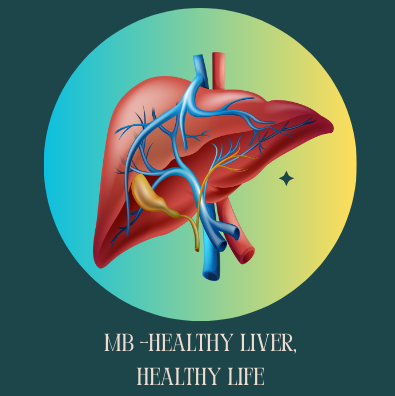
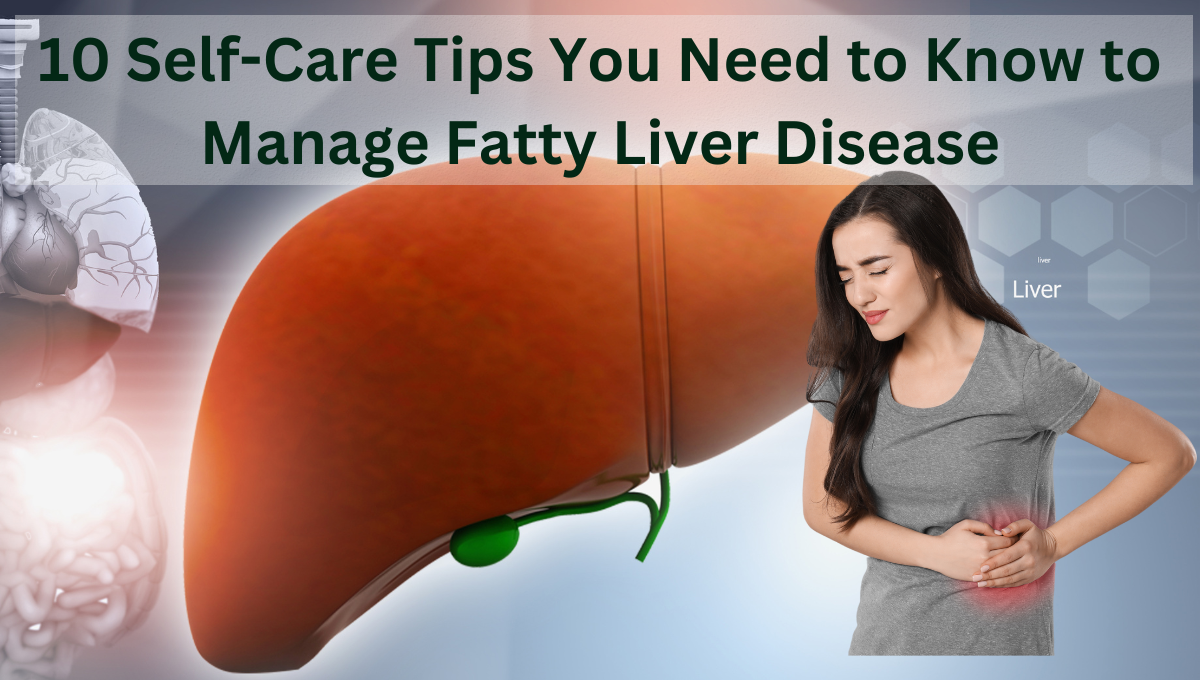
3 thoughts on “10 Self-Care Tips You Need to Know to Manage Fatty Liver Disease”